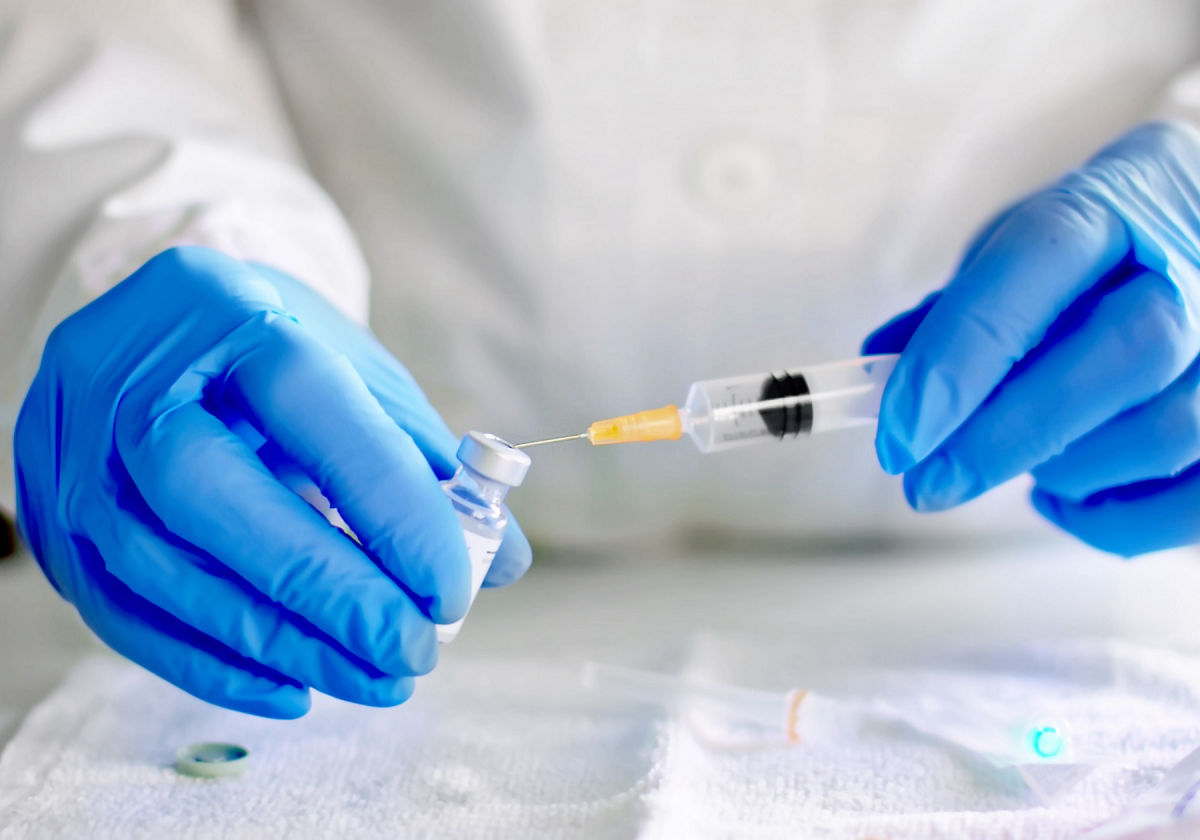
As scientists around the world race to develop a COVID-19 vaccine, there’s also a scramble to make the millions of vials needed to deliver it. CBS News got an exclusive look inside an Alabama factory that’s going all out to meet the vital need.
“I don’t want to exaggerate. But that’s basically what you’re telling us to do. Save the world and do it in three months,” said Lawrence Ganti, President of Customer Operations at SiO2 Materials Science in Auburn, Alabama.
This is part of the government’s giant gamble — dubbed “Operation Warp Speed” — to mass-produce the most promising vaccine candidates before they’re approved.
“We will actually procure and be ready to buy much more than just 300 million doses because not every vaccine will make it,” said Health and Human Services Secretary Alex Azar.
When asked if he thought the government was overpromising, Azar replied, “Well, we’re not making promises, we’re setting goals.”
But fast-tracking doses also means ramping up supplies like syringes, needles and glass vials.
The administration has shelled out $5.6 billion so far in contracts with more than a dozen companies. Some, like Corning, has a long history making vaccine vials. Others, like SiO2, have never mass-produced them.
“You want to speed this up as fast as possible, that is absolutely a daunting task,” Ganti said. “Along the way, there will definitely be hiccups.”
Hiccups like production line crash and raw material shortages could lead to catastrophe for the rollout of a COVID-19 vaccine. There’s also fierce global competition for supplies, which are already needed for other drugs.
“We may end up having a vaccine that is effective and safe, but not have all the ingredients and auxiliary inputs that we need to administer it,” said Prashant Yadav, a Harvard Medical School supply chain expert.
When asked about procuring more raw material, Secretary Azar said it’s “already done.”
“We’ve taken care of that for the U.S. production,” he said, adding that the government has contracted with U.S. manufacturers.
But contracts don’t mean goods in hand. “There is always a risk that the quantity that you contract for is not the quantity you get,” Yadav said.
The fastest vaccine, for the mumps, was developed in four years. The government compares its current effort to put a man on the moon — something that seemed impossible but made history.











